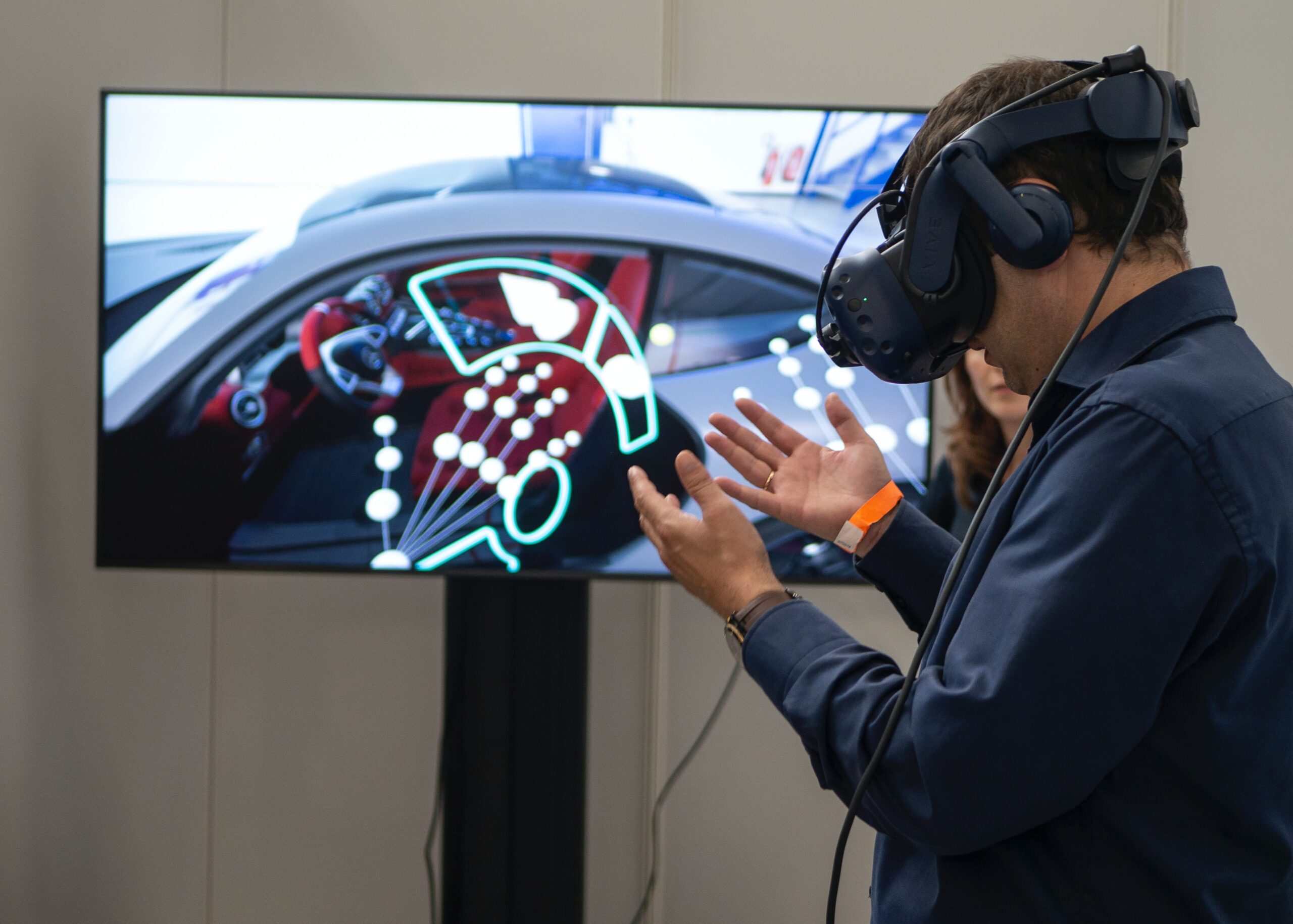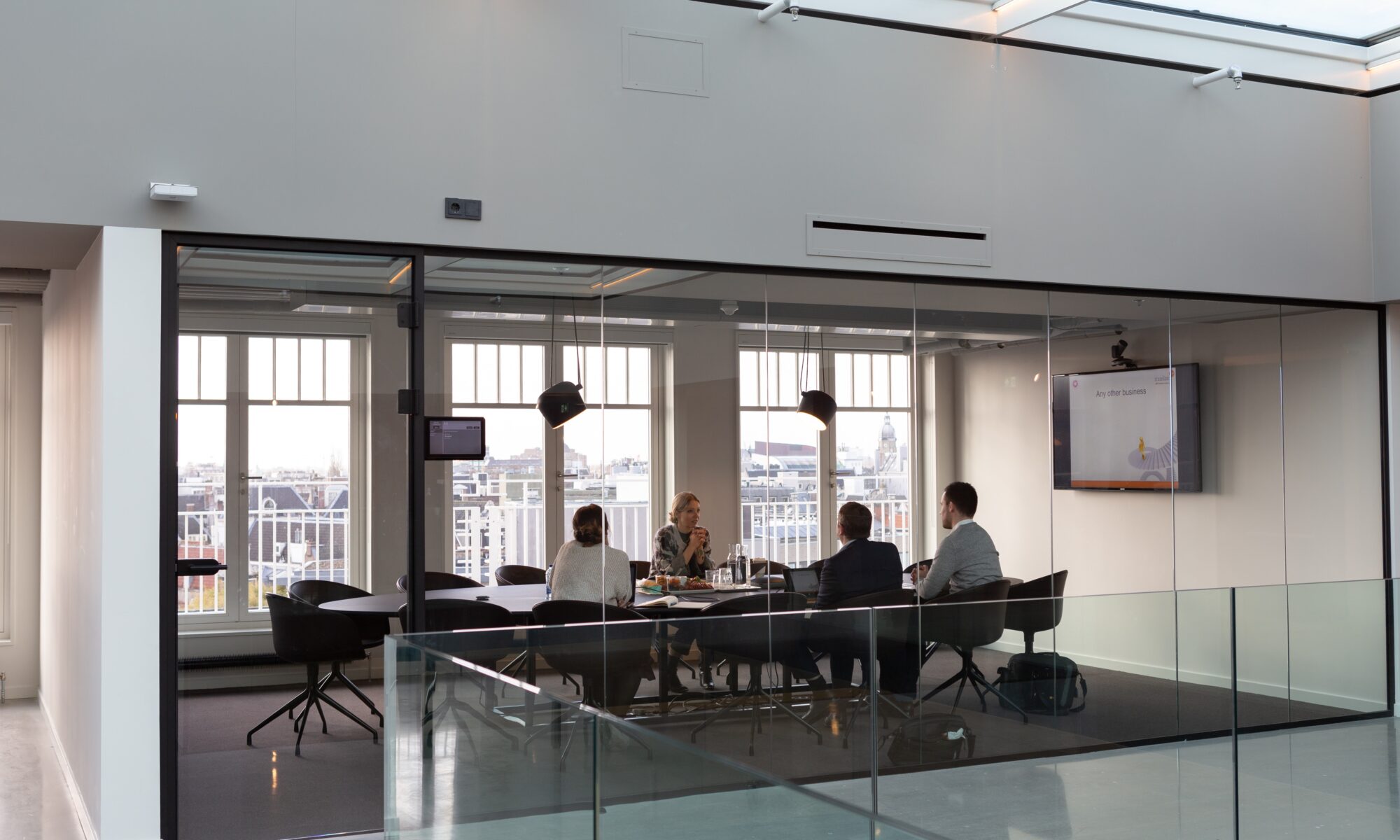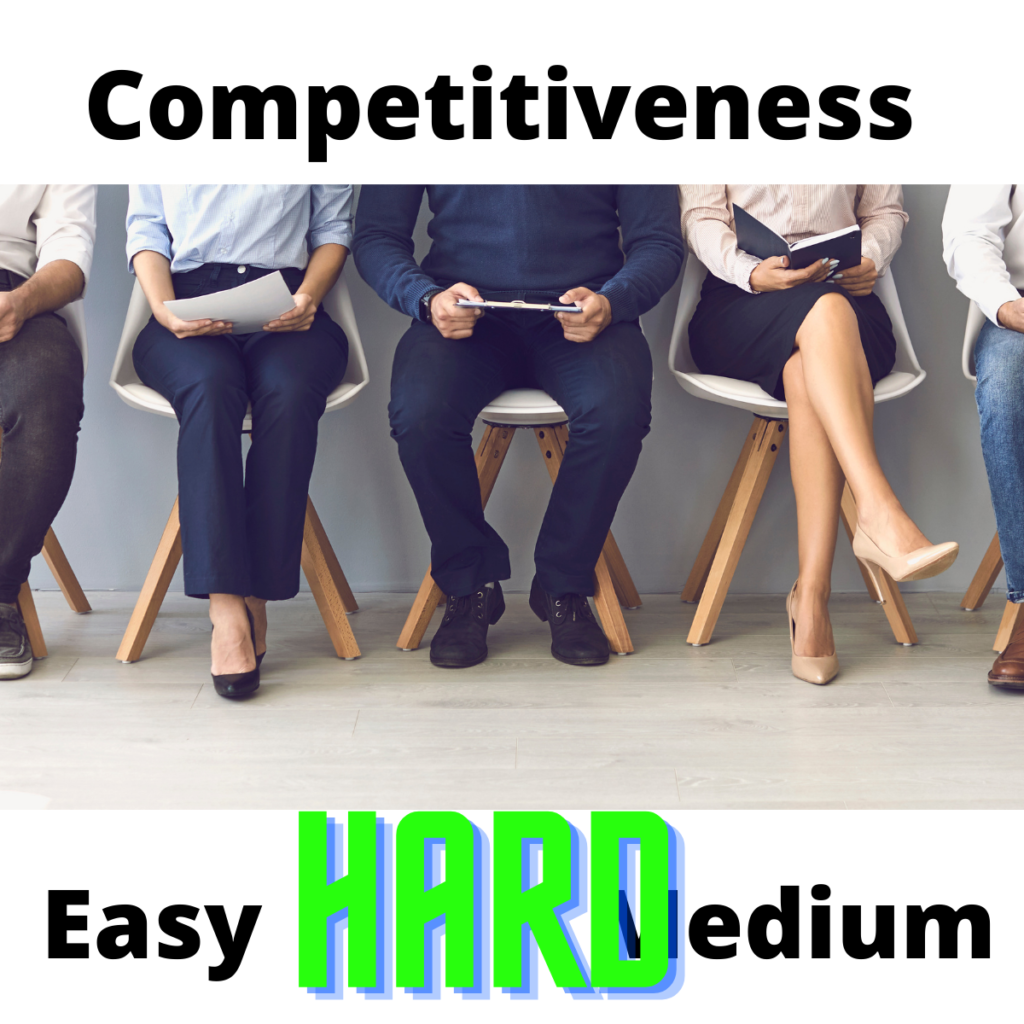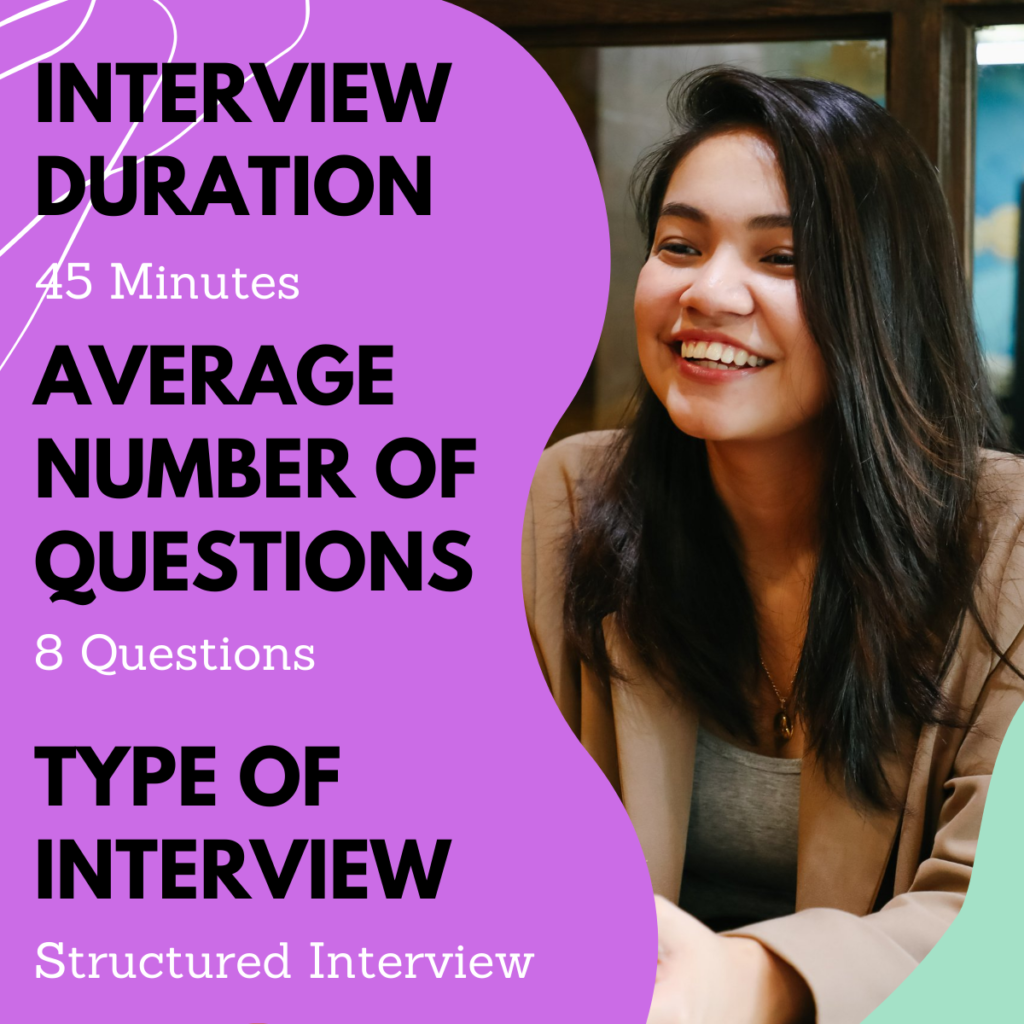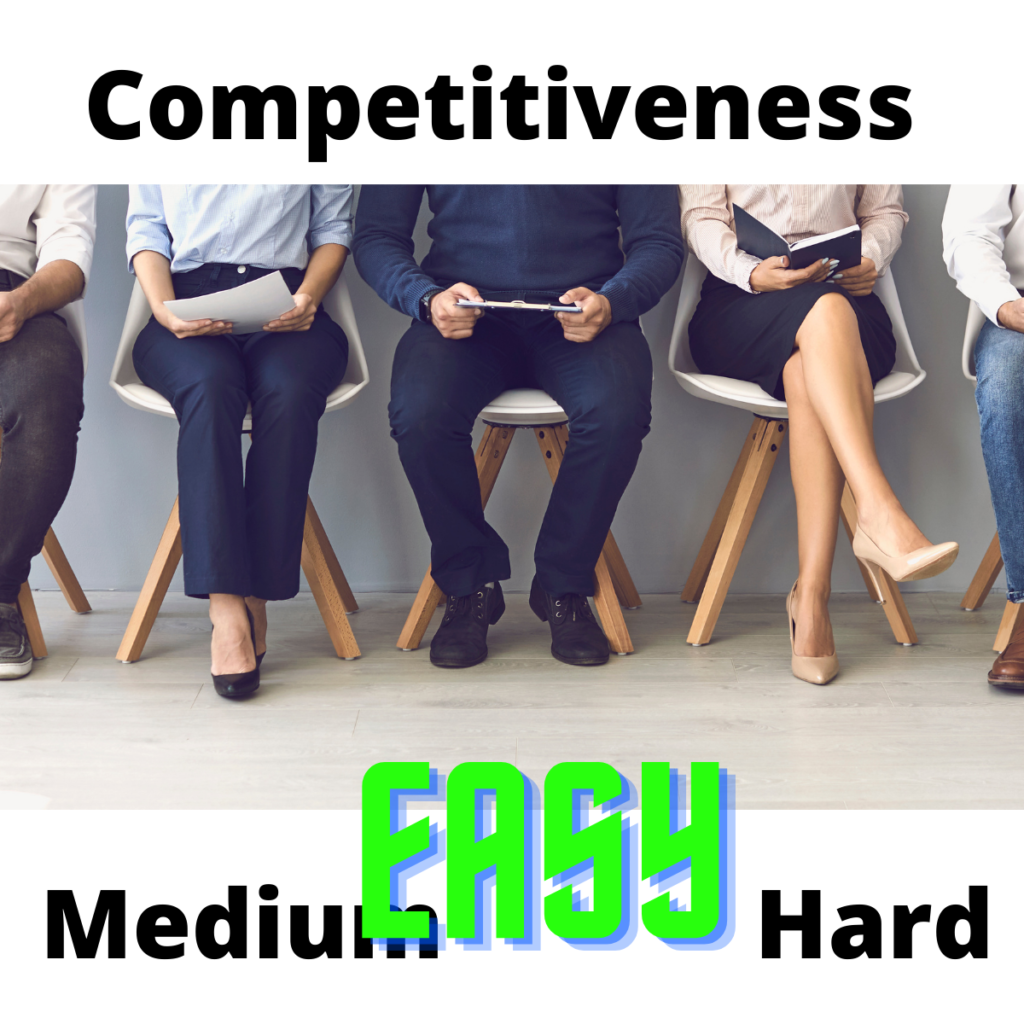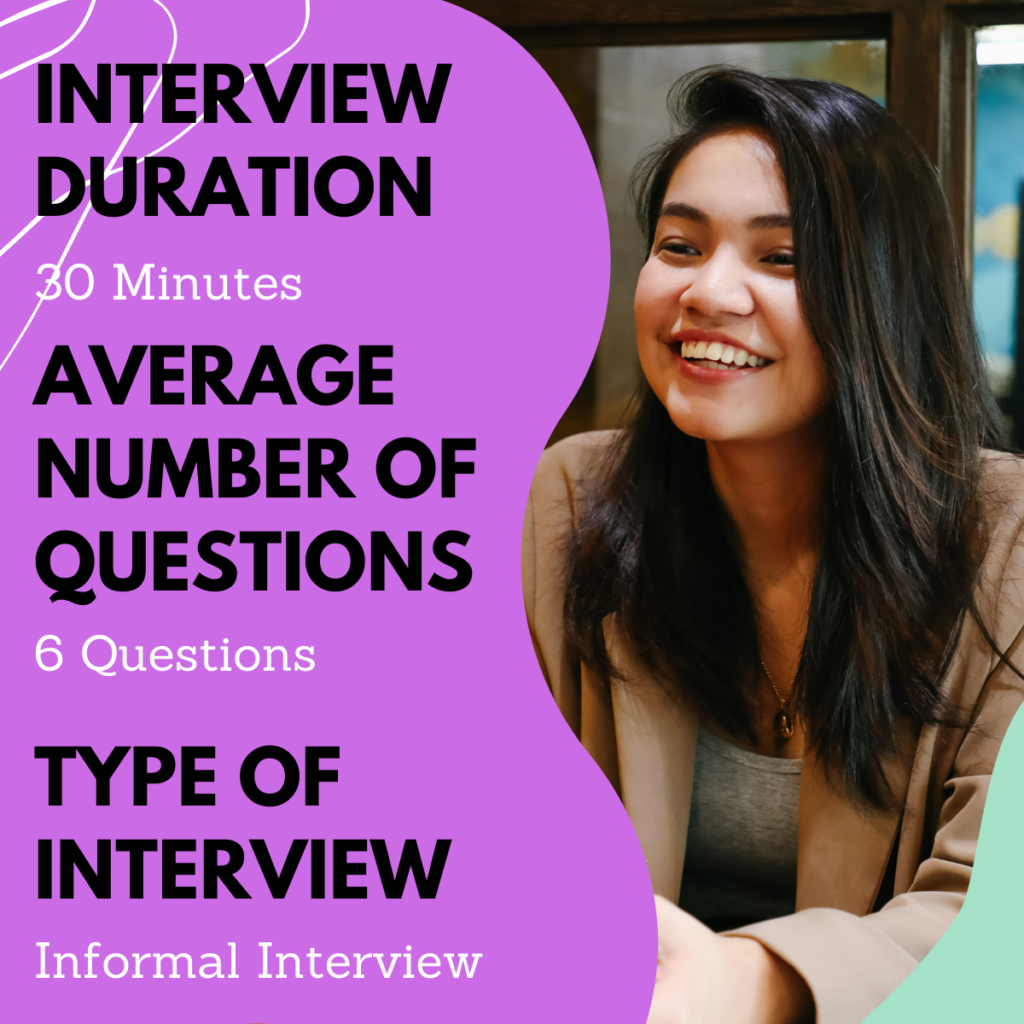Times are changing in the world of work with an increase in remote working, workplace artificial intelligence, and the decline of low-skilled jobs. Changes are taking place, not just in the workplace itself, but in the recruitment of employees.
The pandemic, that led to the great resignation, and the increase of applicants per vacancy, which is at an all-time high, has created a demand for a new style of job interviews.
We are now in the midst of change, the evolution of the job interview.
The evolution of job interviews
In time gone by our ancestors, the hunters and gatherers, either hunted or gathered with evidence showing how these roles weren’t just determined by a person’s gender – women hunted and men gathered, and vice versa.
From a survey of over 170 ancient socialities, it was found that men, rather than women, were mainly employed as the tribe’s big game hunters.
By the time farming was commonplace, new jobs arrived. There were farm laborers, of course, who harvested the crops, but farming changed the hierarchy of job roles.
Farming created towns. People no longer needed to travel across great distances to hunt and gather, instead, tribes became villagers who sowed the seeds, domesticated wild animals, and yielded the harvest.
Towns created jobs. By the time ancient Egypt was well established, there was a need for skilled people. A bowl, axe, or pick had to be made by hand. Skilled laborers were required and could demand more payment for their skills (in ancient Egypt, payment was original made in beer and bread, and then copper coins were introduced).
As towns grew so did the demand for other types of jobs. Architects and engineers were needed to design buildings, and military leaders and soldiers were required to stop neighboring towns from attacking and stealing the crops. Doctors treated ill citizens and priests prayed that the crops wouldn’t fail.
These new job roles changed and created a hierarchy that led to a King overseeing the distribution of work and gathering of a tax, a percentage of the crops, to share among the non-food producing roles.
History of Job Interviews
The training of an employee on the job is known as an apprenticeship. Apprenticeships can be traced back to medieval times; a young person would be taught the skills of a trade at a young age. Often apprentices were family members, a son or daughter, this way a family became the experts in that trade.
Many family surnames are derived from their association with a trade:
- Baxter = Baker
- Bowyer = Made bows for archers
- Fuller = Cloth worker
- Hooper = Maker of hoops for beer barrows
- Reeve = Churchwarden
- Spencer = Despender of medicine
- Thacker = Thatcher
- Wainwright = Wagon repairer
- Walker = Cloth worker
Families, especially those without children or with a growing business would take on other people’s sons and daughters as apprentices, creating job openings that people could apply for.
The industrial revolution, in the 1900s, changed the face of the world of work, for the first time hundreds and thousands of people worked together in one building or factory.
The introduction of the railways allowed skilled workers to search for job positions in other places than the area or village where they grew up.
The movement of labor and the demand for workers changed recruitment forever. 1917 saw the Woodworth data sheet – a personality test to screen WW1 recruits for potential shellshock.
By 1921 Thomas Edison had written a test, the first job interview, to evaluate the knowledge of job candidates. One test was Edison’s famous ‘soup test‘ Edison would give applicants a bowl of soup to eat while he observed if the candidate would add extra seasoning before tasting the soup.
Edison rejected pre-seasoning applicants because he didn’t want to recruit staff who relied on assumptions and was looking to hire employees who were more curious and would ask questions.
Current Job Interview Processes
Today most employers use a variation of the structured job interview. A structured job interview asks a set number of questions to each applicant and compares their answer to skills, qualities, and duties required for the advertised position.
In addition to the standard formal job interview, employers will also request applicants to attend on average 4 additional interview rounds (for high-skilled positions) which can include:
- Psychometric testing – which has its findings in Woodsworth datasheet
- Skill test – a practical test to evidence skill
- Technical interview – a knowledge-based test/interview
- Values interview – to find an applicant that will fit within the culture of the organisation
Traditionally, all job interviews were held face-to-face, with the exception of a telephone screening interview.
Just as the industrial revolution, with its big factory employers that required high numbers of staff and trains that could move skilled workers around the country, changed the face of employment in the 1900s, new technology is changing today’s world of work.
- Artificial intelligence will soon be embedded in all job sectors
- Remote working, allowing teams to be made up of staff from around the globe, is here to stay
- Online applications create the highest number of applicants per vacancy that has ever been recorded
- The decline in low-skilled jobs and growth in high-skilled job roles such as STEM
- Virtual reality being used in recruitment
The Future of Recruitment and Job Interviews
2 million people apply for a job at Google each year.
The high number of applicants created a problem in the recruitment sector. Humans simply couldn’t handle the volume of applications.
The answer was to introduce artificial intelligence into the recruitment cycle. Within a short period of time, HR artificial intelligence is able to design a job advert, schedule interview dates, and deliver a live online job interview with a candidate before deciding which applicant is to be offered the position.
As with all technology, some original bugs were found. In 2018 Amazon ditched its application reviewing programme after it found that the system discriminated against women.
With 9 out of 10 companies now using some type of HR artificial intelligence in their recruitment processes, AI in HR is here to stay.
The future could see large numbers of staff, being recruited from around the globe, without any applicant having any face time with a human recruiter.
The interview process is changing
Human interviews may happen, but just not as you know it.
Is the face-to-face interview dead? Currently not. With two out of three employers favoring the face-to-face interview, there is still some way to go until all recruitment become automated.
Face-to-face interviews might not be face-to-face. The pandemic saw an increase of 67% of employers using virtual interviews with half of the employers saying they will keep on using the online interview process.
45% of employers agree that the virtual interview process is quicker and cheaper than conducting a traditional in-office recruitment process.

Virtual Reality Job Interviews
The evolution of hiring may see the traditional ‘ask and answer questions’ interview disappear.
The increase in virtual reality in the workplace will also see an increase in VR in recruitment.
The future of the workplace will be a mix of virtual reality, home working, and the physical workplace itself.
CNBC reported that: “A PwC report last year predicted that nearly 23.5 million jobs worldwide would be using AR and VR by 2030 for training, work meetings or to provide better customer service”
Virtual reality is already being used in recruiting. The British army uses VR headsets to show applicants what driving a tank would look like, KFC uses a VR “escape room” for their chefs, and the head of talent acquisition at Deutsche Bahn talked about the use of VR in recruitment: “within a matter of seconds can experience a job in a very real-life atmosphere” in CNN article.

Show and Tell
The virtual reality job interview will be about showing, not telling.
Current interview processes ask competency-based questions. The barrier here is that even a good answer doesn’t show the applicant’s decision-making processes, problem-solving skills, and how they work under pressure. It doesn’t take into consideration the applicant’s personality and how their temperaments would affect the wider team.
Virtual reality and augmented reality job interviews can put the candidate in a real workplace situation, working with (virtual) team members, and their many personalities, to complete job-related tasks. A surgeon, as an example, may have to perform an augmented reality surgery on a virtual patient creating the feeling of ‘real’ pressure.
A project manager might be asked to resolve a dispute between stakeholders, with the VR and AR characters re-acting to the applicant’s tonality, volume, assertiveness, and logic.
Virtual reality job interviews will be designed to stop deceitful job applicants from gaining job offers and to support employers to higher high-performing teams.

